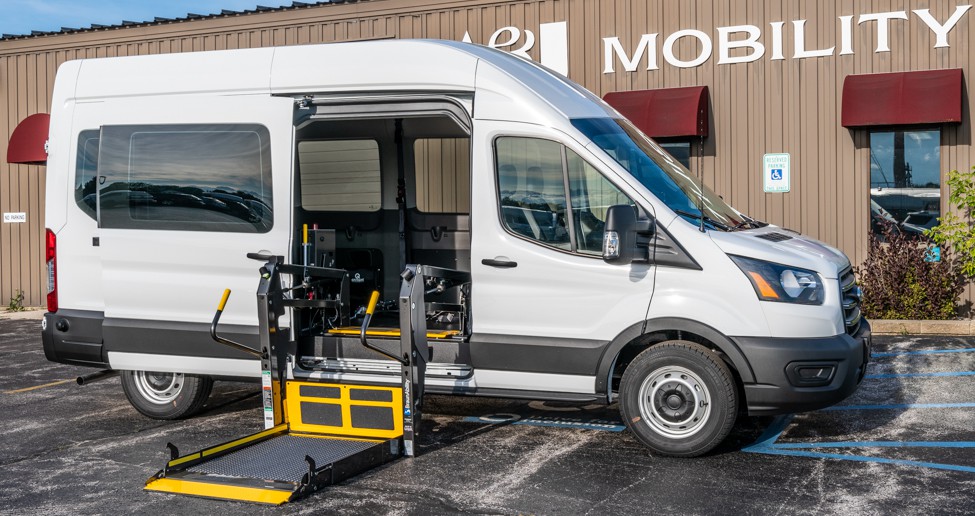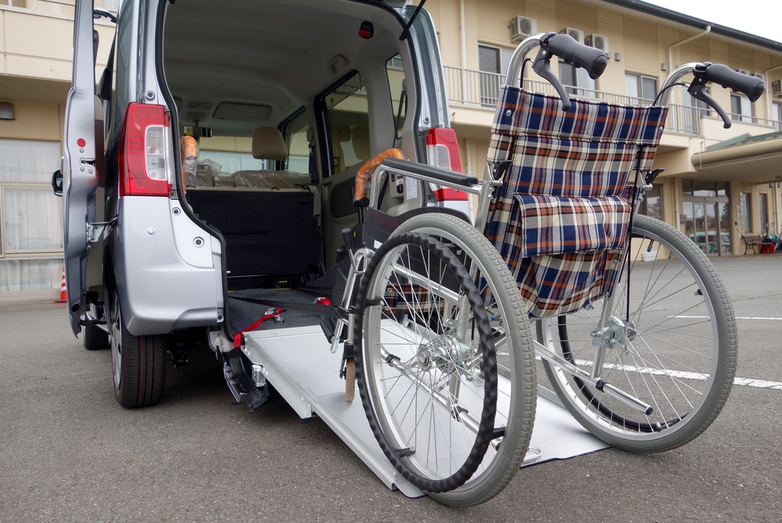Budget Friendly and Accessible Medical Transportation Options for each Scenario
In the world of medical care, the capacity to access medical services is extremely important, yet the difficulty of inexpensive and obtainable transport can frequently hinder individuals from obtaining necessary care. By exploring specialized medical transport solutions, area transportation programs, ride-sharing and taxi solutions, non-emergency clinical transportation, as well as public transit and paratransit options, individuals can find opportunities that cater to their certain needs and guarantee they obtain the treatment they need.
Specialized Medical Transport Services
Specialized medical transportation services play an essential role in making sure risk-free and efficient transportation for people calling for specialized care during transit. These solutions deal with individuals with special medical demands, such as those requiring continuous monitoring, specialized equipment, or clinical treatments during transportation. By making use of particularly equipped cars and experienced medical employees, specialized clinical transport solutions make sure that clients get the necessary treatment while being carried between health care facilities, homes, or various other areas.
One trick aspect of customized medical transportation services is the concentrate on patient convenience and security. Medical transportation groups are educated to handle different medical conditions and emergency situations that might occur throughout transportation, offering a greater degree of care than traditional transport options. Furthermore, these solutions usually provide door-to-door support, decreasing the stress and discomfort that clients may experience throughout transfers.
Area Transport Programs
Having actually resolved the critical duty of customized medical transport solutions in ensuring secure and effective transport for individuals with special medical needs, the emphasis now changes to checking out Neighborhood Transport Programs - medical transportation. These programs play an important function in supplying budget friendly and available transportation remedies for the general populace, including elders, individuals with specials needs, and low-income families who might encounter difficulties in accessing traditional transport choices
Neighborhood Transport Programs include a variety of solutions such as fixed-route buses, paratransit services, volunteer vehicle driver programs, and ridesharing campaigns. These programs are frequently supported by regional federal governments, charitable companies, or private business to make certain that individuals have reliable transportation alternatives to reach clinical consultations, food store, social tasks, and various other vital destinations.
Ride-Sharing and Taxi Providers

One of the essential advantages of ride-sharing and taxi services is their access. These solutions run 24/7, permitting people to take a trip to medical visits, pharmacies, or hospitals any time of the day. Additionally, ride-sharing and taxi services satisfy people with mobility obstacles by offering wheelchair-accessible lorries upon demand.
In addition, websites ride-sharing and taxi solutions can be especially helpful for individuals living in areas with limited public transport options. By bridging the gap in between home and healthcare centers, these services play a crucial duty in making sure that everyone has accessibility to necessary clinical services.
Non-Emergency Medical Transportation

Non-Emergency Medical Transportation providers usually employ qualified personnel who are experienced in assisting individuals with differing clinical requirements. By offering door-to-door solution, Non-Emergency Medical Transportation improves the general availability of health care for individuals who might or else battle to attend vital medical appointments.
Public Transit and Paratransit Options
Public why not try this out transit and paratransit alternatives supply crucial transportation services for people with differing wheelchair needs, making certain access to vital locations such as clinical facilities and consultations. Public transportation systems, consisting of buses, trains, and subways, give a cost-efficient and commonly readily available mode of transport for individuals seeking to reach clinical appointments. These services are specifically useful for those that may not have accessibility to private lorries or call for help due to mobility Extra resources difficulties.
Paratransit solutions provide specifically to individuals with handicaps that are incapable to use standard public transport. These solutions offer door-to-door transportation, fitting individuals with mobility devices, pedestrians, or other wheelchair help. Paratransit lorries are equipped with attributes such as wheelchair ramps and securement systems to ensure the risk-free and comfortable transportation of guests with varying mobility needs.

Conclusion
